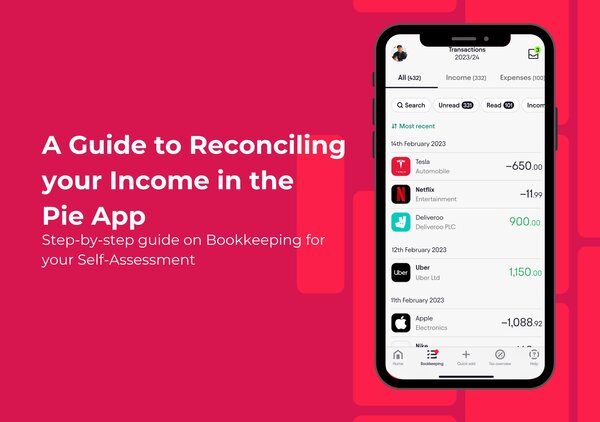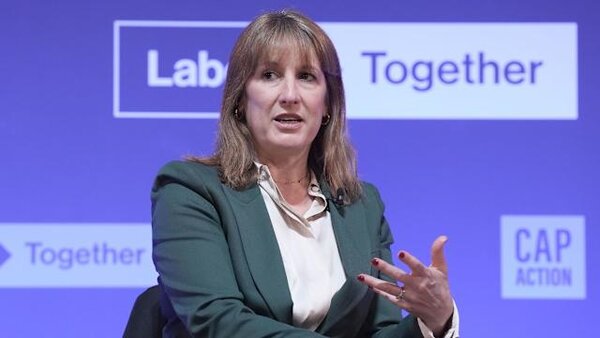Introduction
Robert Glenister detailed the emotional strain caused by a high-profile tax investigation led by HMRC, which involved complex issues around freelance income and how it is classified for tax purposes.
The inquiry, which spanned several years, placed Glenister among other high-earning television personalities and performers facing similar cases. The dispute reportedly centred on HMRC's efforts to enforce the IR35 tax regulations, intended to address the employment status of contractors.
Impact on mental and physical health
Glenister revealed that the demands and uncertainties of the tax process took a significant toll on his health. He stated that the ongoing anxiety culminated in him collapsing during a live stage performance, an incident that he attributed directly to the pressures of the dispute.
Speaking about this experience, Glenister said, “I blacked out on stage because of my battle with HMRC,” emphasising the intensity of stress experienced. The episode illustrates the potential for financial investigations to affect not just livelihoods but also the well-being of those involved.
HMRC’s approach to freelancers
The controversy surrounding Glenister’s situation draws attention to HMRC’s focus on freelance professionals, particularly in the creative sectors. In recent years, HMRC has implemented more stringent enforcement of tax regulations such as IR35, which aims to determine whether individuals working through personal service companies are genuinely self-employed or should be treated as employees for tax purposes.
This clampdown has resulted in a rise in investigations and, in some cases, retrospective demands for payment.
Industry response to tax enforcement
Representatives from acting and creative unions have voiced concern about the manner and impact of HMRC’s enforcement practices. Many argue that the lack of clarity around freelance tax obligations creates continual stress for artists and performers.
Industry advocates have called for more tailored guidance and support from both HMRC and the government to help creative professionals navigate complex tax legislation without excessive distress.
Recent cases involving HMRC and artists
Glenister is not alone in facing such challenges. Several well-known media figures, including actors and television presenters, have either settled or challenged similar inquiries in recent years.
Legal outcomes have varied, with some successfully contesting HMRC’s assessments while others have agreed to substantial repayments. The high-profile nature of these cases has increased awareness of the difficult environment professionals encounter.
Support and advocacy for affected professionals
In response to these developments, industry bodies and mental health charities have encouraged those experiencing financial pressures due to tax disputes to seek support and professional advice.
There have been calls for improved mental health provisions and increased advocacy. The aim is not only to ensure fair tax compliance but also to protect individuals from the undue personal harm sometimes associated with unresolved investigations.
Final Summary
Robert Glenister’s account of his experience sheds light on the wider repercussions tax disputes can have on individuals’ personal and professional lives, particularly within the creative industries.
The heightened focus on enforcement by HMRC and the complexities of freelancing continue to generate debate and concern. Union and industry figures stress the necessity for balanced, fair guidance and robust support systems.
As similar cases emerge, the conversation about safeguarding both tax compliance and well-being remains highly relevant. For individuals managing tax matters, tools such as the Pie app may offer useful insights and support when navigating these challenges.











